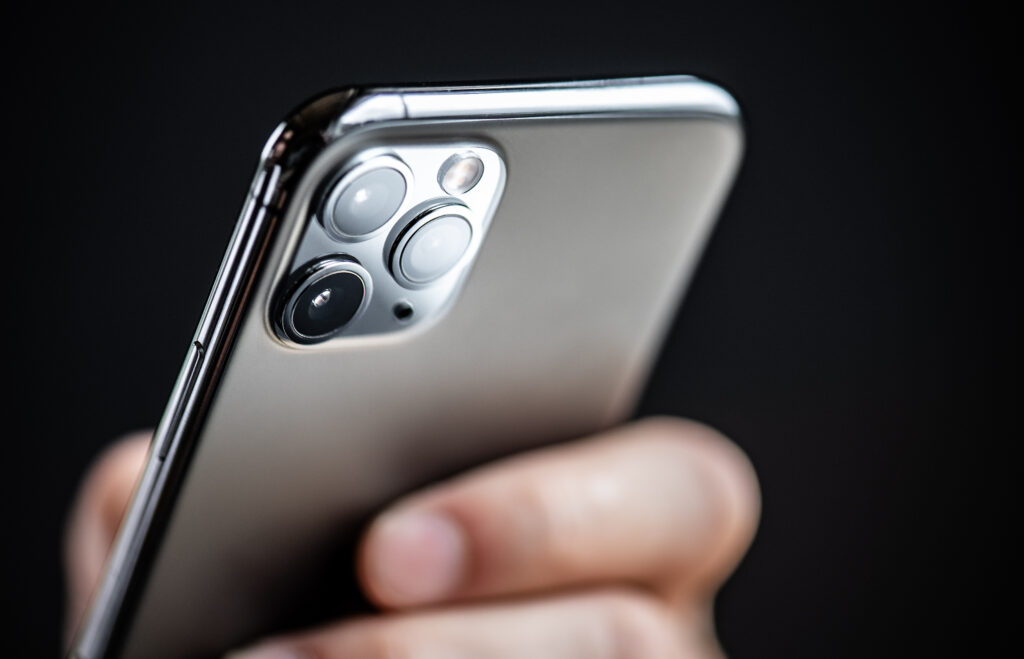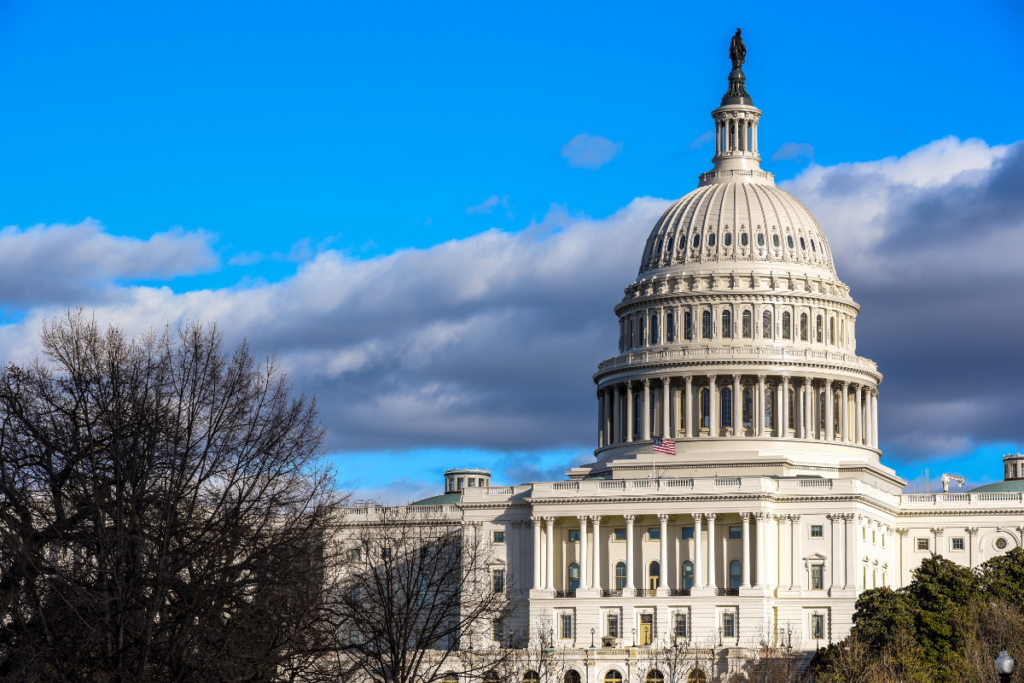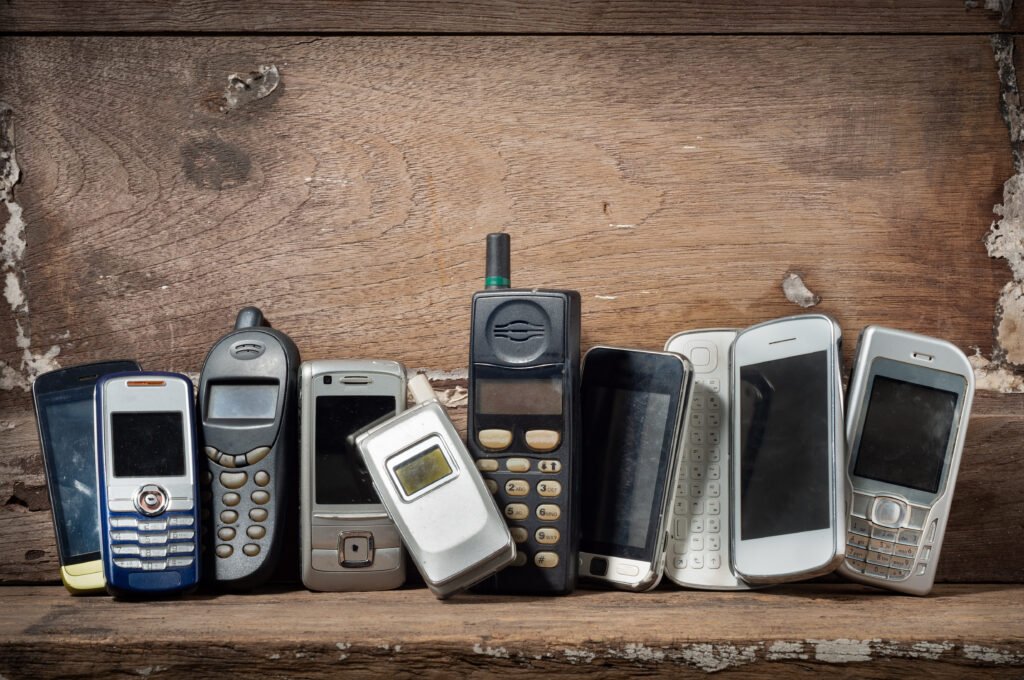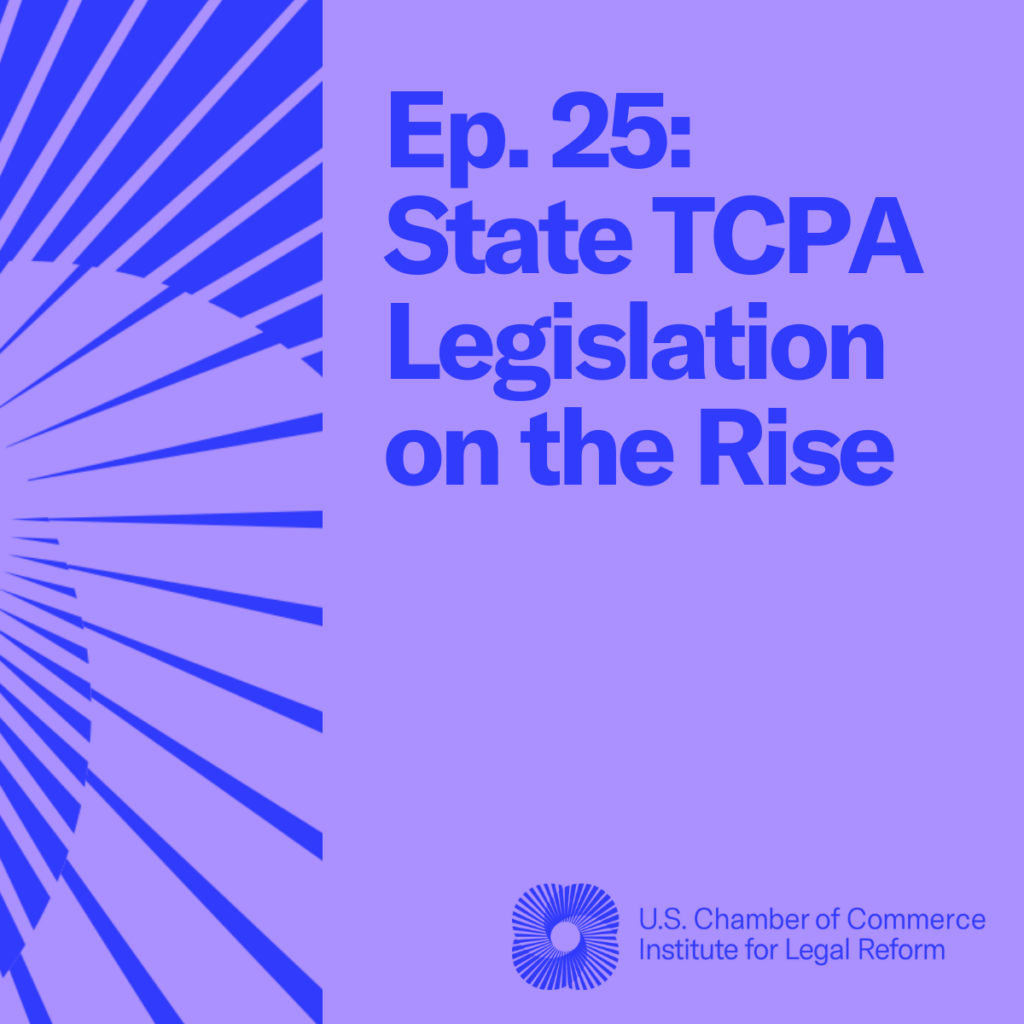2016 marks the 25th Anniversary of the Telephone Consumer Protection Act (TCPA) — an outdated law that has become known more for serving as a profit center for plaintiffs’ attorneys than actually protecting consumers.
The history of the TCPA is rife with stories of abuse, perhaps none more ridiculous than that of the Rubio’s chain of Mexican restaurants. The Rubio’s story of abuse was featured last year as part of ILR’s “Faces of Lawsuit Abuse” campaign.
We have re-posted it below as a means to mark the TCPA’s 25th Anniversary and a reminder of the need for reform:
Ralph Rubio opened his first fish taco stand in 1983, and now he has 200 locations nationwide.
When companies grow, communication with their employees can be challenging. A few years ago, Rubio’s installed a system to text employees about urgent food safety issues.
And that’s when the trouble began.
Rubio’s was sued for $500,000 for allegedly violating the Telephone Consumer Protection Act (TCPA) — the 24-year-old federal law banning unwanted telemarketing phone calls. Violators can be fined up to $1,500 for each infraction. Under the TCPA, text messages — not even invented when the law was passed — are considered telephone calls.
“You have this owner of a restaurant who was trying to contact an employee about a food safety issue. That employee’s telephone number had been reassigned. And, in his earnest effort to contact that employee, he contacted the wrong party,” explains Adonis Hoffman, Georgetown University professor and former Federal Communications Commission legal advisor.
“That set about a per se violation of the TCPA, which gave rise to hundreds of thousands of dollars in liability, and ultimately many, many dollars in legal fees,” adds Hoffman. “This is not what the TCPA intended to do when it was passed by Congress.”
Rubio’s was forced to settle for an undisclosed amount, and it spent more than $300,000 on legal fees.
The company has cancelled the text message alert system, and now prohibits employees from forwarding any company messages to their cell phones.
Experts say the Rubio’s case highlights the need to modernize the TCPA to protect from both unwanted phone calls and abuses that harm honest businesses.



